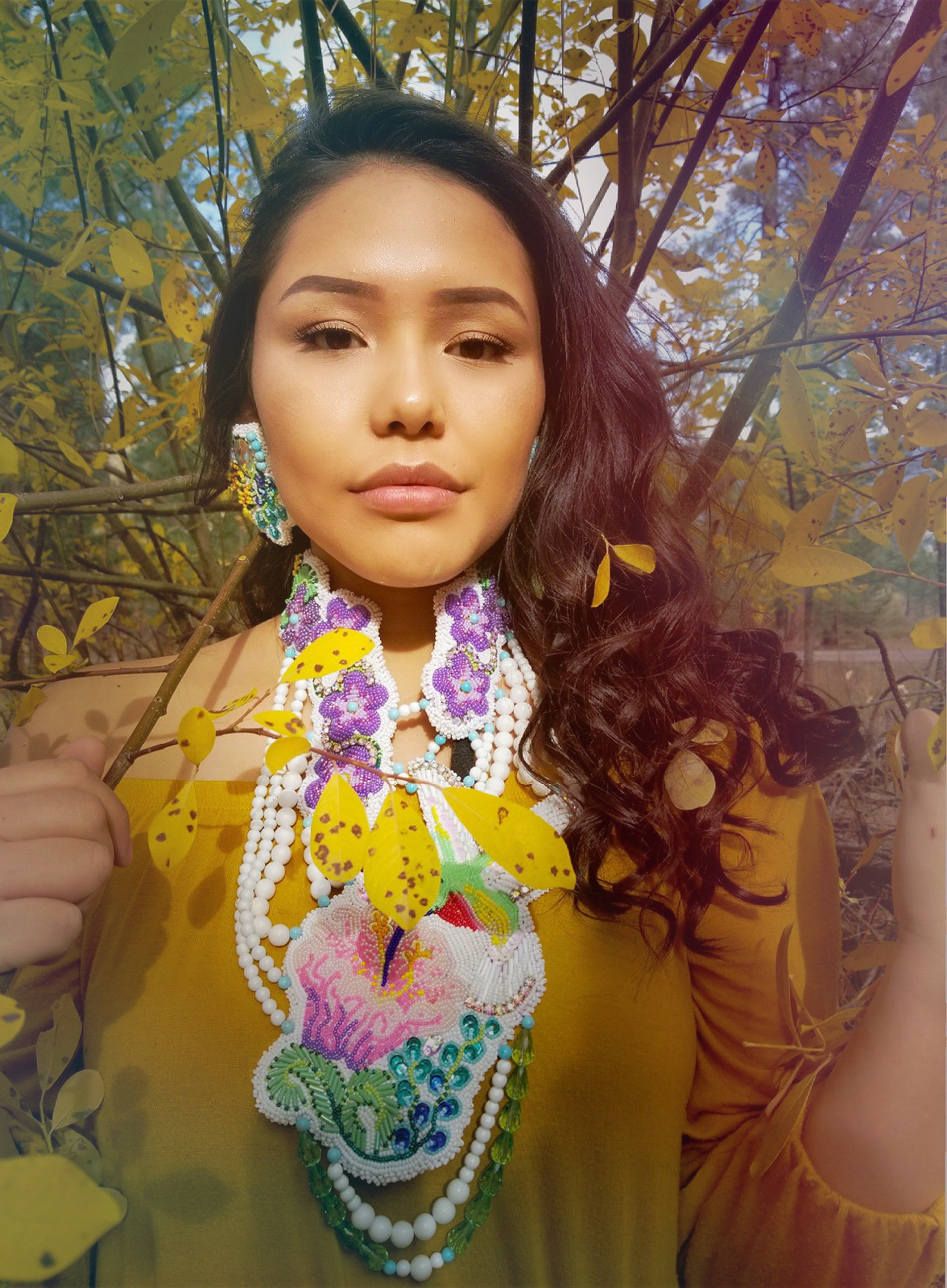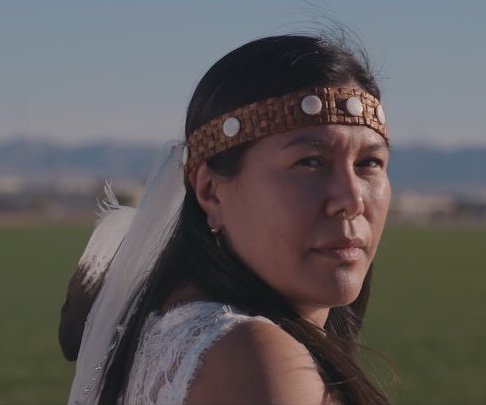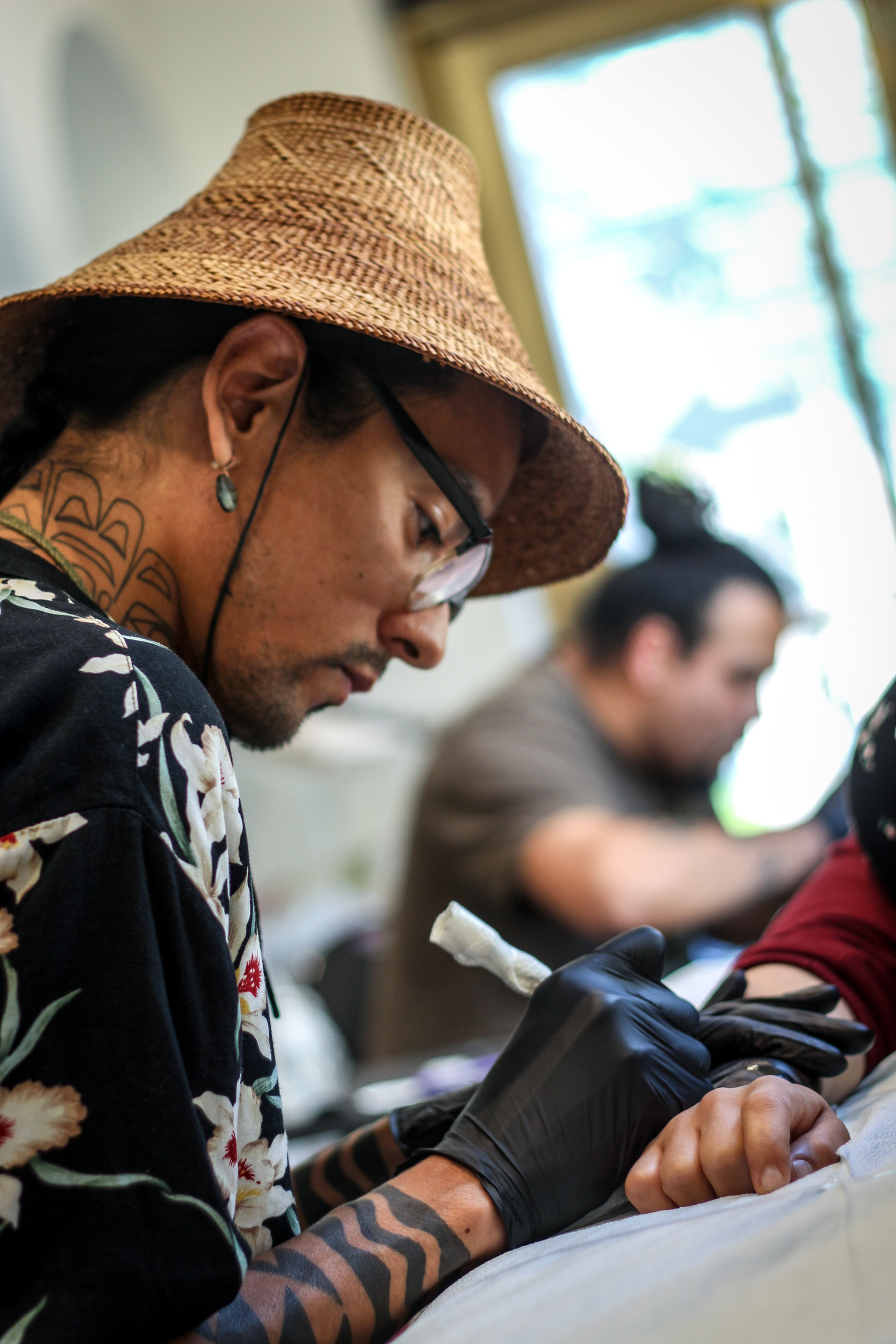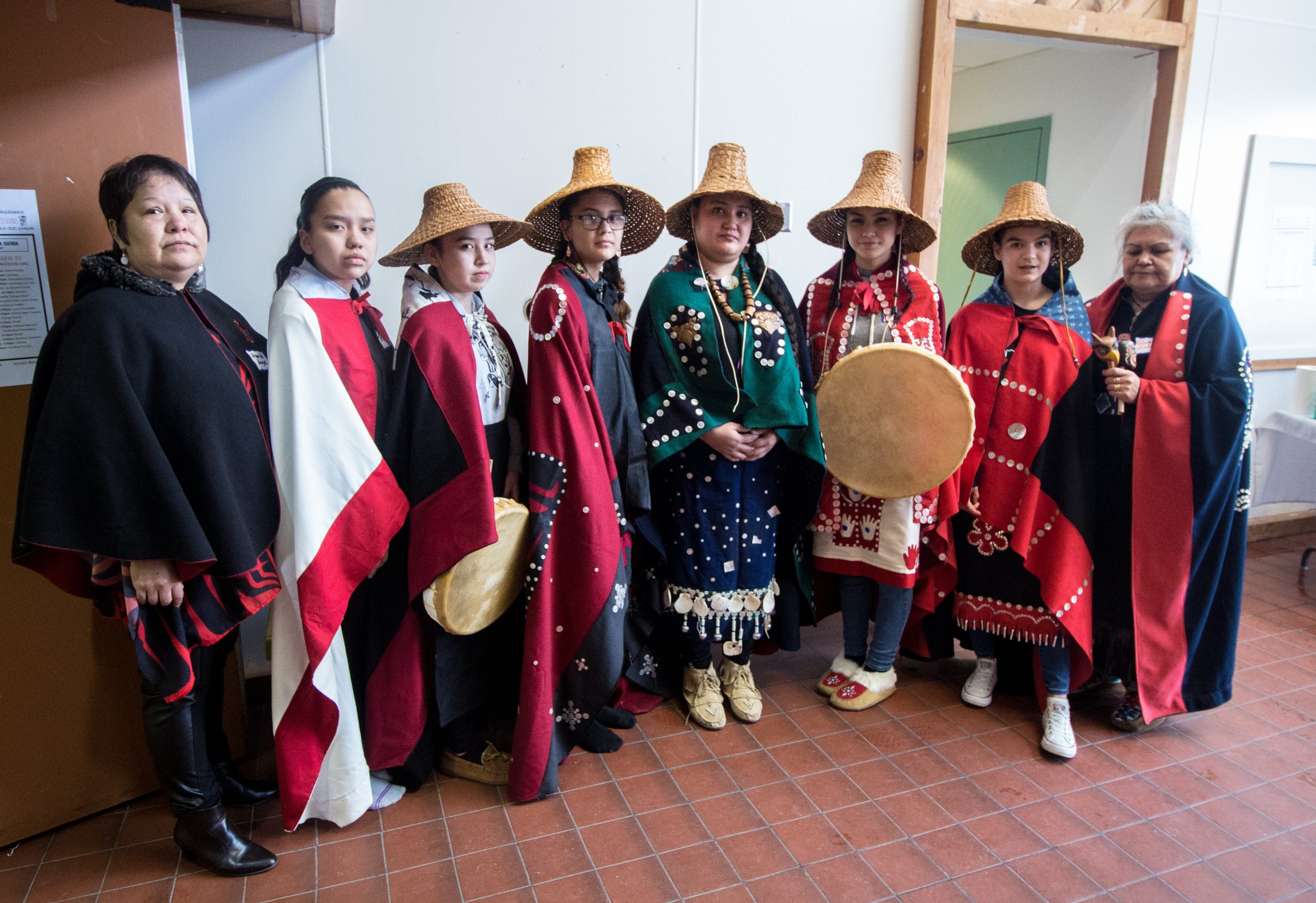Teara's Fraser motto is simple: dream it, design it, do it.
Fraser, the first Indigenous woman in Canada to own and operate an airline, didn't become a pilot until she was 30 years old. Now, at the age of 45, she has bought a plane and is launching an airline dedicated to the strength and success of Indigenous women.
"The first time I flew in a small plane, I thought, I want to fly one of these one day, I want to do this one day. A few weeks later, I rode in another small plane, and made the decision right there and then to become a pilot," Fraser told National Observer at the official launch of her airline on Sept. 21.
"I had a commercial pilot's license in my hand a year later."
Fraser's airline had initially been celebrated as the "first Indigenous woman-owned airline in Canada," but shortly after the news hit headlines across Canada, Laverna Martel-Harvey, from Hay River, N.W.T made calls to clarify that she is the part-owner of South Nahanni Airways and Wolverine Air Ltd.
When Fraser heard the news, she celebrated it, she said. Not only was there another Indigenous woman with shares in aviation, but she also came from "the hub of the North" in the N.W.T. There must be something in the water in Hay River. Fraser remains the first Indigenous woman in Canada to fully own and operate an airline, but she would love to see that statistic increase.

IskwewAIR intends to reclaim space, language and womanhood, Fraser said. Iskwew (pronounced 'is-kway-oh') means 'women' in nêhiyawêwin, the Cree language. The name isn't too familiar to non-Indigenous peoples, but Fraser said she didn't choose the name to be easily to recognizable.
"The name IskwewAIR has been chosen very intentionally as an act of reclamation," she said. "Reclamation of womanhood, reclamation of matriarchal leadership and reclamation of language."
Connecting to remote communities
Fraser, who is Cree and Métis was born in Hay River, N.W.T., but has lived across British Columbia for most of her life. She said that in aviation, a male-dominated field, it's important for her to make space for women.
IskwewAIR will start flying on Mar. 8, 2019 and operate out of the Vancouver International Airport's south terminal. The airline will begin with charter flights, as the team determines more regular routes. At the moment, Fraser said, they are examining ways they can connect to remote communities, including Indigenous communities across the province that aren't as well-serviced as other destinations. She hopes her airline will also help strengthen Aboriginal tourism in Canada, she said.
At the official Sep. 21 launch, Fraser made sure to kick-off her business in a good way.
She invited representatives from the Musqueam Nation on whose traditional territories the event took place, to welcome guests of the launch. She flew one of her elders from Fort Chipewayn to attend the event and stand with her in asking Musqueam's permission to be there and to conduct business in their territory in the future.
Rosalind Campbell, a councilor for the Musqueam Nation, said she felt honoured to be asked to conduct the opening ceremony for Fraser, whom she has gotten to know over the years.
"I'm so proud of her, as an Indigenous woman," Campbell said. "She's an Indigenous woman pilot. She bought a plane! She started her own airline! Teara, I admire you for having a dream and the strength and persistence to see it through."

Serving as a positive example
Following Campbell's speech, Fraser took to the mic and said she hopes to serve as an example of how to conduct business in a good way, by seeking permission from the nations whose territories she visits, consulting and including elders and taking time to honour those who make the work possible.
Fraser said the IskwewAIR logo represents an infusion of her Cree Métis heritage. The burgundy Métis infinity symbol - a design that symbolizes the mixing of cultures and the infinite legacy of a Nation - is also a woman whose arms are made of pow-wow ribbons, green representing the land and blue representing the sky.
"Our vision is connecting people with each other and to the land," Fraser said. "The values that guide us are love, adventure, the warrior spirit, reclamation and reciprocity."
Fraser hopes her journey inspires others, especially other Indigenous women. Her advice to them is to dream it, design it and do it. Fraser is known by her friends for her ferocious willpower and ability to set a plan into motion, to make dreams a reality.
"Start anywhere. Believe you can do anything and that anything is possible," she said. "Part of why I do this is to show my own children — anything is possible."








Comments
You go Airwoman!
Right?!
Great article!